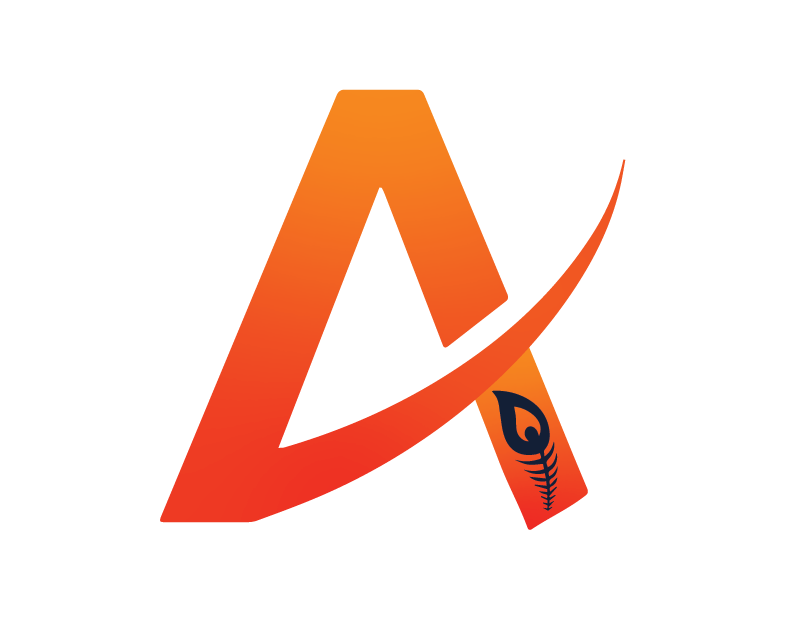In today’s dynamic digital world, the relevance of Search Engine Optimization (SEO) is often questioned, especially with the rapid advancements in artificial intelligence (AI). As AI reshapes how we interact with technology, concerns arise about its impact on SEO. However, SEO is far from obsolete. Instead, it is evolving to keep pace with these technological advancements, ensuring it remains a vital part of digital marketing.
The Evolution of SEO
SEO has always been a field of constant change. From the initial days of keyword stuffing and link exchanges to modern-day user-focused strategies, it has grown significantly. Each evolution in search engine algorithms has forced marketers to adapt, often leading to better strategies and improved outcomes.
The integration of AI into search engines marks the next stage in this evolution. AI technologies, such as machine learning and natural language processing, allow search engines to better understand user intent, context, and language nuances. These capabilities create new opportunities for businesses to connect with their audiences while challenging SEOs to refine their approaches.
How AI is Enhancing SEO
AI is not replacing SEO but empowering it. Here is key ways AI is enhancing SEO strategies:
- Deeper Content Analysis: AI-driven algorithms analyse content based on context, semantics, and user intent. This pushes businesses to prioritize quality, relevance, and authenticity in their content, leading to higher engagement and improved rankings.
- Optimizing User Experience: Search engines, aided by AI, evaluate factors like site speed, mobile-friendliness, and navigation to prioritize user-friendly websites. Optimizing these elements is crucial for maintaining visibility.
- Personalized Search Results: AI enables search engines to deliver highly personalized results based on user behaviour, location, and preferences. SEOs can leverage this by creating tailored content that resonates with specific audiences.
- Voice Search Adaptation: The rise of voice-activated devices has changed how users search for information. AI-powered voice recognition systems require businesses to focus on conversational and natural language keywords, reshaping keyword strategies.
- Data-Driven Decision Making: AI tools provide actionable insights through advanced analytics, helping SEOs understand trends, evaluate performance, and refine strategies effectively.
Trends Shaping the Future of SEO
The integration of AI is transforming SEO, but it is also paving the way for new trends. Here are some key developments to watch:
- AI-Driven Tools: SEOs will increasingly rely on AI-powered tools for tasks like keyword research, competitor analysis, and content optimization. These tools streamline workflows and enhance precision.
- Focus on E-A-T (Expertise, Authority, Trustworthiness): Search engines are prioritizing content that showcases credibility and expertise. Businesses must create well-researched, authoritative content to meet these standards.
- Multimodal Search Optimization: With the growth of visual and video search, optimizing images, videos, and other multimedia content will become essential for staying competitive.
- Integration with AI Chatbots: As conversational interfaces become more prevalent, businesses need to ensure their content is optimized for AI chatbots and retrieval methods.
- User-Centric Strategies: User experience remains central to SEO. AI’s ability to analyse and predict behaviour will help businesses design strategies that address user needs effectively.
Conclusion
The idea that SEO is “dying” is a misconception. In reality, SEO is evolving to align with technological advancements like AI. As long as users seek information online, businesses will need robust SEO strategies to connect with their audiences.
The future of SEO lies in adaptation and innovation. By embracing AI-powered tools, focusing on quality content, and understanding user needs, businesses can thrive in this new era. SEO’s journey is far from over—it is entering an exciting phase of growth and transformation.
Source: https://www.searchenginejournal.com/google-says-if-seo-is-on-a-dying-path/536543/

